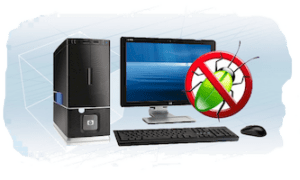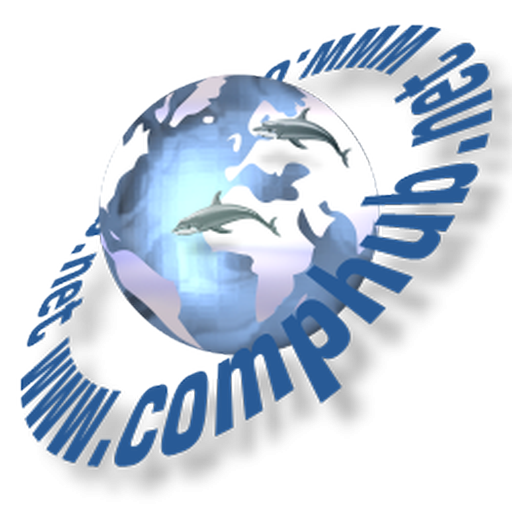 What is Malware
What is Malware
Malware is the generic term for any type of infection that a computer may have. Typical types of malware include but are not limited to viruses, spyware, trojan horses, worms, rootkits and various types of adware. The actual intentions of malware will vary greatly but they do have one thing in common, they are detrimental to the proper functioning of your computer. You must quickly address any infection you may get to help avoid possible password, credit card info and other personal info from being stolen as well as to keep other files on your computer from becoming infected or corrupted by the malware.
Symptoms of Infection
-
Slow computer performance.
-
Random system lockups or crashes.
-
Excessive number of popup windows that appear at random.
-
Popups that claim your computer needs some service or is infected.
-
Browser redirection – you are taken to websites that you did not intend to visit.
Sources of Malware
Your computer can get infected from any number of possible sources. Websites, emails, documents, downloads or even a disk that a friend gives you could all be possible sources as well as others not mentioned. In many cases, where you get an infection from happens unintentionally… you visit a website that was themselves infected, you insert a disk from a friend or that friend emails you something when they were unaware that they were infected. It is often the least suspected source that will infect you, so you must always be on your guard in order to help defeat malware.
Avoiding Malware
To help avoid getting infected… Always keep your protection software up to date, there are several very good and free protection software available, so there is no such excuse as it is too expensive. Keep your operating system fully updated so all known security holes are closed and bug fixes updated. Take a few moments to scan any disk you are given or any file you download even when you completely trust the source since they may not be aware that they are infected. If you visit a website and see a popup that is suspicious, such as one saying you are infected or your system needs some type of work, and you were not expecting it to happen… don’t click on it, close it. Anytime anything suspicious happens, perform a full scan of your computer before you turn it off so if it is malicious, it doesn’t get a chance to dig itself any deeper into your computer. While your protection software helps keep your system clean, you are still the primary defense against getting infected. So always pay close attention to what you click on and what files you open as well as the programs you install. A protection software can’t protect your system if you invite the malware in, even if it was an unintentional action on your part.
Malware Removal Services
Computer Hub can assist with removal of all malware that may be infecting your system and usually repair corrupted system files or settings. The majority of infected systems can be completely uninfected to a working state without the need of reinstalling the operating system and loss of your data files. On systems that were corrupted beyond repair, we can help recover any data that wasn’t corrupted and then restore the operating system. If you see another company that promises to never need to reinstall an operating system, stear clear of them since they are not telling you the whole truth or simply don’t have the experience to have seen destructive malware that leaves you no other option. If your system doesn’t already have protection software installed, there are a number of software’s which we can recommend and install including several very good free versions.


